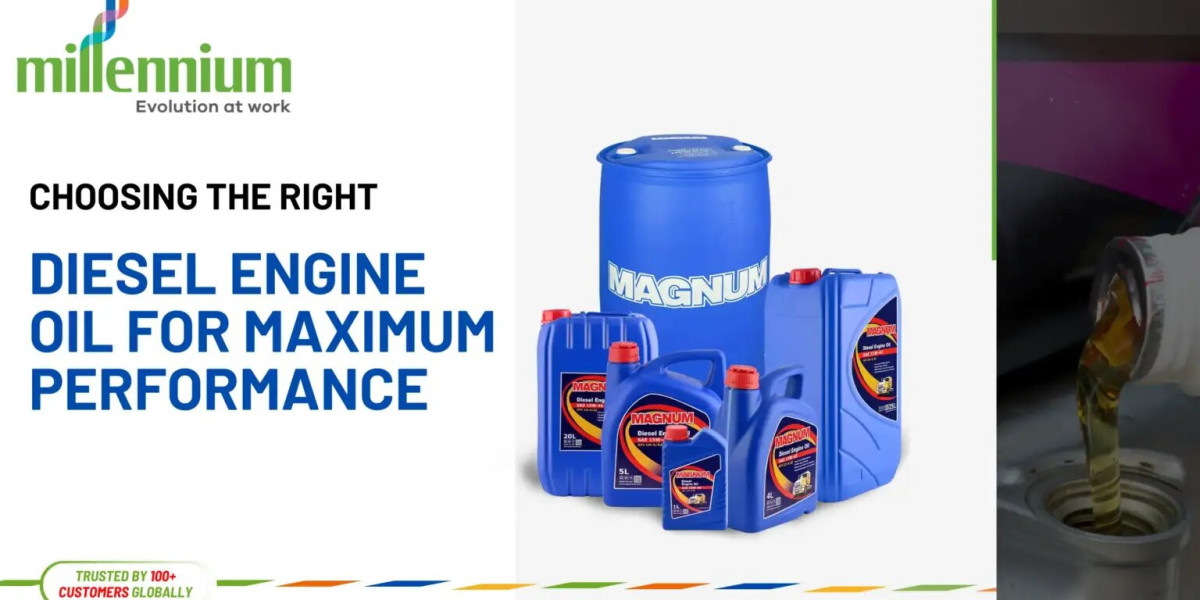Understanding Diesel Engine Oil Specifications
When selecting the right diesel engine oil for maximum performance, understanding the specifications on the packaging is crucial. Diesel engine oils are formulated to meet specific standards and classifications, often indicated by a series of letters and numbers. These specifications provide insights into the oil's performance capabilities, viscosity, and suitability for various engine types.
One key specification to consider is the API (American Petroleum Institute) rating. This classification system uses a combination of letters such as "CJ-4" or "CK-4" to denote oils designed for heavy-duty diesel engines under different operating conditions. The first letter indicates whether it is suitable for gasoline or diesel engines ("C" stands for compression ignition or diesel), while subsequent numbers and letters reflect advancements in formulation and emission standards compliance.
The Importance Of Viscosity In Diesel Engine Oils
Viscosity is a critical factor in selecting the right diesel engine oil, as it directly impacts the engine's performance and longevity. Viscosity refers to the oil's resistance to flow; it determines how well the oil can lubricate engine components under various operating conditions. Diesel engines operate under extreme temperatures and pressures, necessitating an oil that maintains optimal thickness across a broad range of conditions.
High-viscosity oils are generally thicker and provide robust protection against wear by maintaining a lubricating film even at high temperatures. This is particularly important for heavy-duty diesel engines that experience intense heat during operation. However, if the viscosity is too high, it can impede engine efficiency by increasing friction and reducing fuel economy.
Synthetic Vs. Conventional Diesel Engine Oils
When it comes to selecting the ideal diesel engine oil for optimal performance, one of the primary decisions you'll face is choosing between synthetic and conventional oils. Synthetic diesel engine oils are engineered through a complex chemical process, resulting in a product with uniform molecular structures and tailored properties. These oils excel in extreme temperatures, providing superior protection and stability under both high heat and freezing conditions.
Their enhanced lubricating qualities reduce friction more effectively than conventional oils, potentially extending the lifespan of your engine components.
On the other hand, conventional diesel engine oils are derived directly from refined crude oil. While they may lack some of the advanced properties of synthetics, they offer reliable performance at a lower cost. Conventional oils contain natural impurities and varying molecular sizes, which can lead to quicker degradation under harsh conditions compared to their synthetic counterparts.
Key Additives To Look For In Diesel Engine Oils
When selecting the optimal diesel engine oil for peak performance or How to Choose the Right Engine Oil, it's crucial to understand the role of key additives in enhancing engine efficiency and longevity. Detergents and dispersants are fundamental, as they help prevent deposit formation and keep the engine clean by suspending contaminants until they can be filtered out. This not only enhances performance but also extends the interval between oil changes.
Anti-wear agents such as zinc dialkyldithiophosphate (ZDDP) are essential for reducing metal-to-metal contact within the engine, thereby minimizing wear and extending component life. These agents form a protective layer on metal surfaces, which is particularly important under high-stress conditions typical in diesel engines.
Matching Oil Grades To Operating Conditions
When selecting the appropriate diesel engine oil to ensure maximum performance, understanding how different oil grades match specific operating conditions is crucial. The viscosity of the oil, often denoted by its SAE (Society of Automotive Engineers) grade, plays a pivotal role in this matching process. Viscosity determines how well the oil flows at various temperatures, which directly impacts engine protection and efficiency.
In colder climates or during winter months, a lower viscosity oil such as 5W-40 ensures easier starting and quicker lubrication at low temperatures. This grade flows more readily in cold conditions, reducing wear during startup when engines are most vulnerable. Conversely, in hotter climates or heavy-duty applications where engines operate at higher temperatures for extended periods, a higher viscosity oil like 15W-40 provides better film strength and maintains its protective properties under thermal stress.
Manufacturer Recommendations And Warranty Considerations
When selecting diesel engine oil for maximum performance, adhering to manufacturer recommendations and understanding warranty considerations are paramount. Each diesel engine is designed with specific tolerances, materials, and operational demands that necessitate particular oil characteristics. Manufacturers meticulously test and specify oils that best suit the needs of their engines, balancing factors such as viscosity, additive composition, and temperature resilience.
Consulting the vehicle's owner manual or contacting the manufacturer directly provides clarity on the required oil specifications. These guidelines are not arbitrary; they ensure optimal lubrication, efficiency, and longevity of engine components under various operating conditions. Using an oil that meets or exceeds these specifications is essential in maintaining peak performance.
Best Practices For Regular Oil Maintenance And Changes
Regular oil maintenance and timely changes are critical for ensuring the longevity and optimal performance of a diesel engine. One of the fundamental practices is adhering to the manufacturer's recommended oil change intervals. These guidelines are designed based on extensive testing and consider various factors such as engine design, operating conditions, and oil type. Ignoring these recommendations can lead to premature wear and reduced efficiency.
Regularly checking the oil level and quality is another essential practice. Over time, even the best oils degrade due to heat, contamination, and shear forces within the engine. Monitoring for signs of oxidation, discoloration, or unusual odors can help in identifying when an oil change is necessary before reaching critical levels of degradation.



